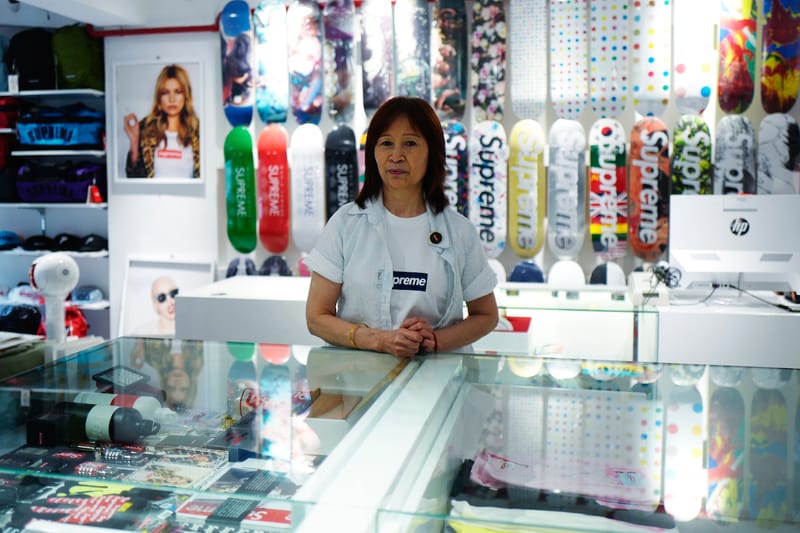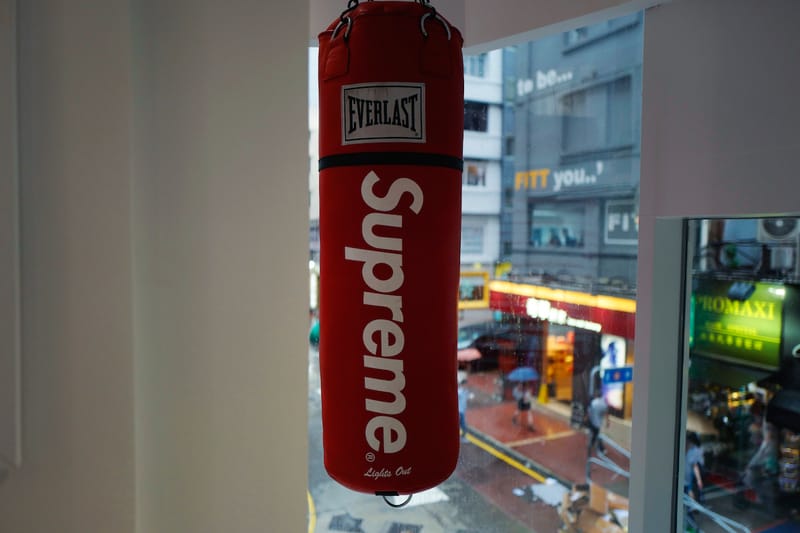

Here's how Ken Auletta of the New Yorker described Holmes's stonewalling: Holmes and Theranos's PR team deflected these critics by citing intellectual property concerns and suggesting that any complaints were being planted by rival testing companies, such as Quest and Laboratory Corporation. And Holmes had never published her claims in peer-reviewed journals. After all, the evidence on this wasn't public: The Food and Drug Administration (FDA) hadn't cleared Theranos's tests. More recently, however, critics had begun asking for proof that Theranos's technology actually works, and that its results are accurate. Many of Theranos's claims were never validated, raising suspicions Considering that every person gets blood tests at some point, the change she promised was a big deal. So not only was Holmes trying to upend the way blood testing is done, she was also trying to change how people interact with the health care system. Holmes had also started lobbying state governments to allow patients to order Theranos tests without having to go through the cumbersome annoyance of getting a doctor's note - a step that, in theory, would further cut down on time and cost to patients.īy 2015, Holmes had persuaded Arizona 's legislature to pass a law allowing patients to skip right to her labs and order up whatever menu of testing they wanted, without doctors' approval. In 2013, Theranos opened 42 "wellness centers" in Walgreens pharmacies in Arizona, two in California, and one in Pennsylvania. Holmes said the tests would cost about half o f current Medicare and Medicaid reimbursement rates for tests. The sample would be sent to a lab in a "nanotainer" and tested on Theranos’s proprietary technology, known as "Edison machines." Theranos also promised to deliver results in a few hours, to eliminate anxiety-inducing waits. Theranos, by contrast, claimed that it had the technology to take blood from a simple painless prick and run multiple tests on that tiny, raindrop-size sample. Theranos claimed to offer faster, cheaper, painless blood testsĮvery startup promises to solve a problem, and Theranos was focused on fixing our blood testing system.Ĭurrently, when you go to the doctor for a blood test, you have to endure a long needle, and the nurse or phlebotomist often has to draw several vials of blood in order to run multiple tests.
#Unique hype 10 elizabeth full#
It's a messy story, full of wild claims and regulatory clashes. What's more, the Journal's investigation, as well as a follow-up story, suggested there were major concerns about the accuracy of Theranos's test results. Theranos has allegedly been collecting blood samples the traditional way and then diluting them so they could be run on machines made by other companies - not their much-hyped Edison technology. Then in October, the Wall Street Journal published an eye-catching investigation into Theranos, finding that the company's revolutionary claims were overblown. Over the past several months, both health researchers and some journalists have started wondering whether Holmes's claims actually held up, whether they would really be as revolutionary as Holmes promised. Investors and media loved it, and last year the company was valued at $9 billion.īut recently, Theranos has started attracting doubters and critics.

In numerous interviews, Elizabeth Holmes, the 31-year-old founder of the company, argued that this technology would be revolutionary, slashing costs in the $75 billion-a-year blood testing industry. Two years ago, the company started offering blood tests that it claimed required only a finger prick - and could deliver results of up to 30 tests in hours using its own lab testing instrument (called "Edison machines").

This ritual - which almost all Americans endure at some point in their lives - usually requires a painful needle jab, multiple vials of blood, and days or weeks of waiting on results. When you go to a clinic and get your blood drawn, the doctor or nurse typically sends it off to a lab for testing, say, to do routine cholesterol to vitamin D checks or look for signs of disease. Over the past two years, a highly secretive Silicon Valley biotech startup called Theranos has been trying to disrupt the multibillion-dollar US blood testing industry.


 0 kommentar(er)
0 kommentar(er)
